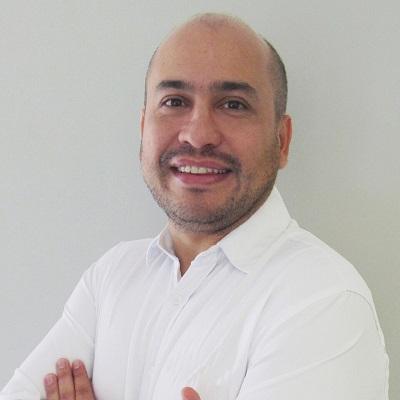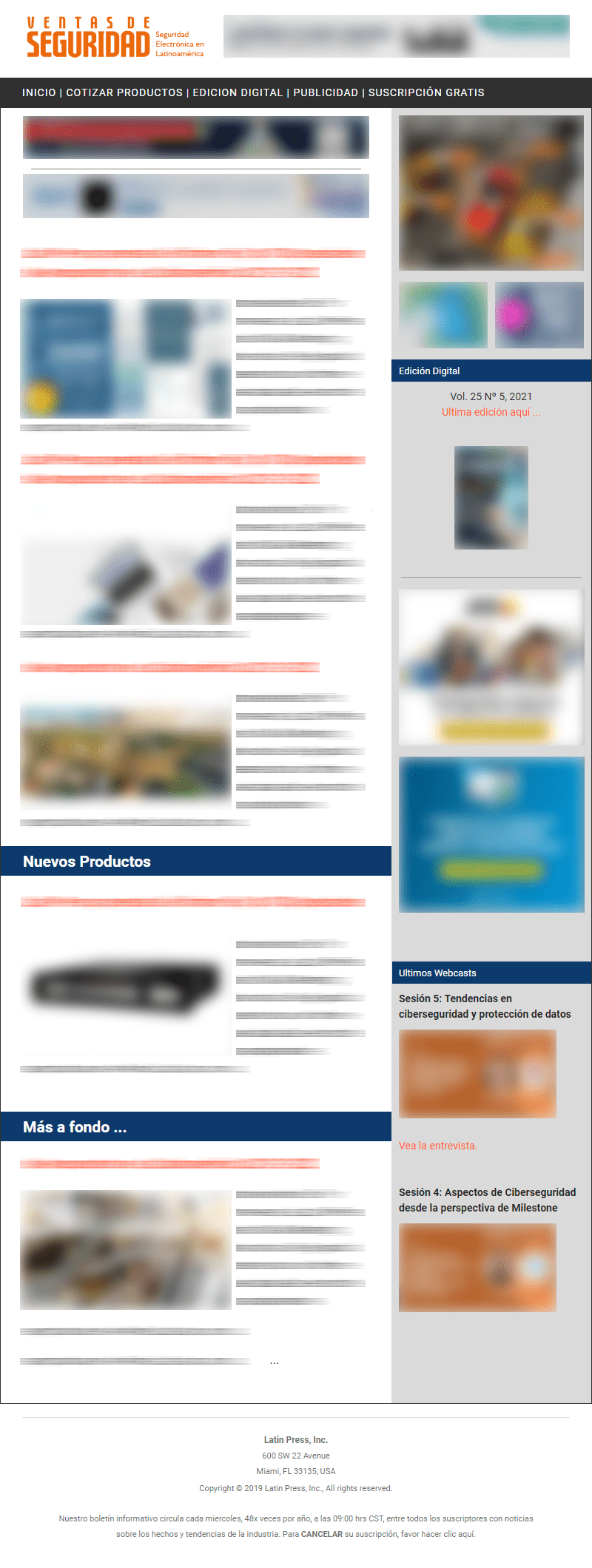 Although the group of professionals working in fire protection is getting larger, there is currently no university that trains the fire protection engineer in Latin America.
Although the group of professionals working in fire protection is getting larger, there is currently no university that trains the fire protection engineer in Latin America.
By Jaime A. Moncada*
Nor is there, in any country in the region, a program that certifies the professional in fire protection. There are, of course, diplomas in fire safety, some deeper than others, in various countries (Argentina, Colombia, Panama and Mexico to name a few). There are also specialized courses in fire protection, including the official NFPA courses. These courses, by the way, are taught in 17 countries in the region and have trained more than 20,000 people to date.
The only certification that exists in Spanish is offered by the National Fire Protection Association (NFPA) and is known as the Fire Protection Specialist Certification, more commonly called as CEPI. This program is based on a certification system that the NFPA has been offering since 1971 in the United States, under the name of Certified Fire Protection Specialist or CFPS. In Latin America the CEPI program has been offered since 2002 and to date about 300 people have been certified and about 1000 people have taken the CEPI exam preparation course.
What is the CEPI: CEPI is a professional credential of knowledge in fire protection of an international nature, which offers a certification to the technologist in fire protection. The goal of the CEPI program is to promote the development of the discipline of fire protection and prevention in Spanish-speaking countries. This credential is a balance between education and experience, and provides an opportunity for the fire protection technologist with practical training to achieve significant professional recognition.
The group of professionals who have achieved this goal include risk managers, insurers, safety managers, fire protection consultants, fire officers, fire inspectors, and designers and installers of fire protection systems.
How It Works: The CEPI program includes two important steps in the certification process. First, the program provides the candidate with a period of self-assessment, learning and improvement during the process of documenting their professional experience, and the necessary preparation for the certification exam. During this first step, the candidate can take a two-day preparation seminar and/or purchase a self-study guide.
The second step is the achievement of CEPI certification, which provides the individual with the recognition of their colleagues, bosses and customers as a fire safety specialist. Certification is achieved through a three-hour open book exam consisting of one hundred multiple-choice questions relating to topics described in the Fifth Spanish Edition of the NFPA Fire Protection Manual. If the candidate gets 70% of the questions right, they get their certification.
Requirements: In order to take the CEPI exam, candidates must demonstrate on their registration form that they have one of the following eligibility criteria:
Bachelor's degree from a university in engineering, chemistry or other related technical fields plus two years of experience in the field of fire protection. Degree related to technologies from a technical institute or university plus four years of experience in fire protection.
Diploma of secondary education plus practical course in a technical school plus six years of verifiable work experience, which is progressive, in the field of fire protection.
Holders of a CEPI certificate must be recertified every three years. The requirements for recertification are obtained through a points system that awards credits to their professional work in the field of fire protection.
Limitations of the CEPI: The fire protection engineer, upon receiving his professional engineering degree, by being certified before a competent authority and by registering through the Society of Fire Protection Engineers (SFPE) can offer his services as an engineer, which includes the design of fire systems, certification and / or approval of fire systems, offer expertise and general consultation on fire safety.
The CEPI Specialist is equivalent to a technologist (someone who is not an engineer) who has received a certification that endorses their general knowledge in fire protection. Generally, the process of design, approval, expertise and certification is limited to engineers registered within their specific specialty (i.e. the mechanical engineer should not design electrical systems) and fire protection is no stranger to this process.
However, due to a decision taken by the users of fire protection in Latin America, especially in the industrial field, the CEPI certification has become, in several cases and by default, the minimum level of expertise required of the professionals who are part of the technical team in evaluation tenders, design, inspection and/or testing of fire systems.
Although CEPI certification does not supplant the fire protection engineer, this requirement on the part of the user requires the fire protection professional to prepare in a more structured way. At the same time, it prevents many others from designing, reviewing, approving and installing fire safety systems without formal knowledge in fire protection. I should mention that getting this certification is not easy. To date less than 40% of candidates get their certification the first time they take the exam.
Comments from a CEPI: A note written by a fire protection professional about his own experience during his Certification as a Fire Protection Specialist (CEPI) was published in a virtual magazine1. This is the engineer Conrado Barrera Sánchez, Supervisor of Protection and Fire of General Motors of Mexico. He comments that the process "begins by requesting reports of requirements to be met and making the decision to be a CEPI."
After this, he indicates that "you meet the requirements, you fill out your application, you meet your eligibility and ready, you only select the date to take a preparatory course, which is highly recommended to attend". After the work plan that Eng. Barrera drew up, he comments that "now I know and have identified each chapter and even more each line with relevant information and reference tables of the fabulous 'Fire Protection Manual'". He says about the exam that "according to my senses and my appreciations those 3 hours happen as if they were 3 minutes or 3 seconds."
Mr. Barrera fulfilled his goal of self-study and finally obtained his CEPI certification. He concludes that "I recommend taking this process to become a CEPI ... and considering it as a very personal career plan. It is necessary to establish a well-detailed self-study program and decide to discipline yourself to self-fulfill, which can be an agenda, a schedule..." He also reflects that "hopefully several professional friends very close to me in the near future decide to take the risk and also become a CEPI."
For information about this professional development program NFPA has a dedicated website (www.capacitacionnfpa.com/cepi.html. I can only invite all of you, those who specialize in fire protection, to evaluate this program for your personal and professional development. I don't see a faster way to increase the level of expertise in our regional industry.
* SegurIIAR, July 2005, "Experiencias de un CEPI" by Conrado Barrera Sánchez, No 3, Vol 26. p. 6.
* Jaime A. Moncada, PE is a director of International Fire Safety Consulting (IFSC), a fire protection engineering consulting firm based in Washington, DC. and with offices in Latin America. He is a fire protection engineer graduated from the University of Maryland, co-editor of the NFPA Fire Protection Handbook, Vice President of the Society of Fire Protection Engineers (SFPE) and directs NFPA professional development programs in Latin America. Moncada's email address is [email protected].
























Y la 25 en el 2022 tengo que presentar la solicitud para obtener la credencial CEPI